By: Byron Mathioudakis
The internal combustion engine shaped the 20th century. But there’s a chance it could be a museum piece by the end of the 21st century, or even sooner.
Depending on who you talk to, the internal combustion engine, or ICE, is either in its death throes or will play an important role for decades. But no one doubts it’s under intense pressure.
Its competitor is the electric motor.
Electric motors are nothing new. They’ve been powering kitchen appliances, kids toys and trains for more than a century. They even enable many of the functions in a car, from the windscreen wipers to the seat adjustments.
But it’s only in the last two decades that improvements in battery technology has enabled electric motors to grow in popularity for powering cars. Sales of electric vehicles (EV) are growing exponentially.
The industry is unanimous – EVs are here to stay and they’ll be big business moving forward.
But the rest of the world is moving fast while Australia is getting left behind.
RELATED:
What does it cost to charge an electric car? »
RELATED: Charging your home with your electric car »
Car makers switch to electric cars only
Whereas EVs were once a sideshow, in the 2020s they’re moving towards a much bigger role. Every single automotive brand is working on electric cars.
Some have already put an end date on the internal combustion engine.
Hyundai and sister brand Kia are fast switching to EVs and have reportedly stopped development of new combustion engines.
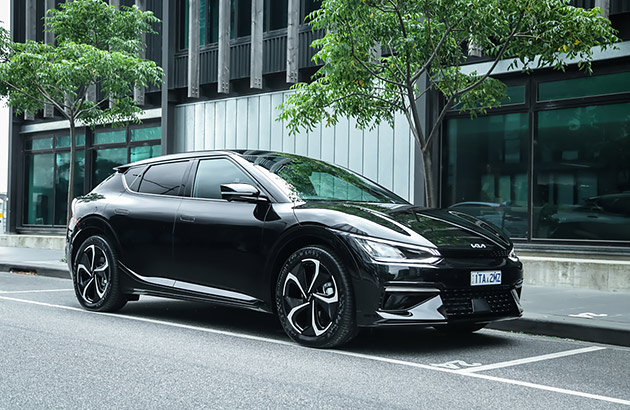
Jaguar will be producing only EVs by 2025. Volvo plans to stop producing ICEs by 2030 and Audi and Mini are following suit a couple of years later. Luxury brands Rolls-Royce and Bentley plan to only sell EVs by 2030.
Mercedes-Benz is also planning an all-EV future, although has left one foot in the ICE camp with a disclaimer saying, “where market conditions allow”.
GM-owned Chevrolet will be mostly EV by 2035, although the American behemoth has added a clause to allow some large pickup trucks to remain ICE for longer.
That’s a common theme. Some car makers may not have inked a hard end date for ICE, but murmurs from within the head office halls suggest they’ve stopped investing heavily in what is fast shaping up to be yesterday’s tech.
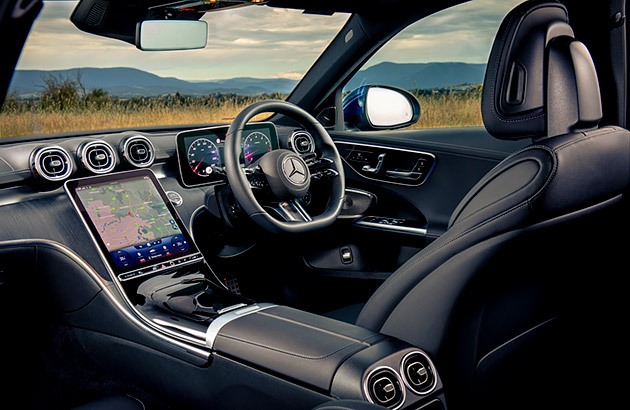
Why are petrol and diesel cars being banned in some countries?
With an increasing focus on the environment and using energy sparingly, the ICE is facing pressure.
It doesn’t help that combusting petrol results in gases harmful to humans as well as CO2 that contributes to global warming.
Combined, they’re two reasons some parts of the world are banning the burning of fossil fuels in cars.
Norway is one of the more aggressive, banning sales of petrol and diesel passenger cars by 2025 – less than three years away – followed by Germany in 2030.
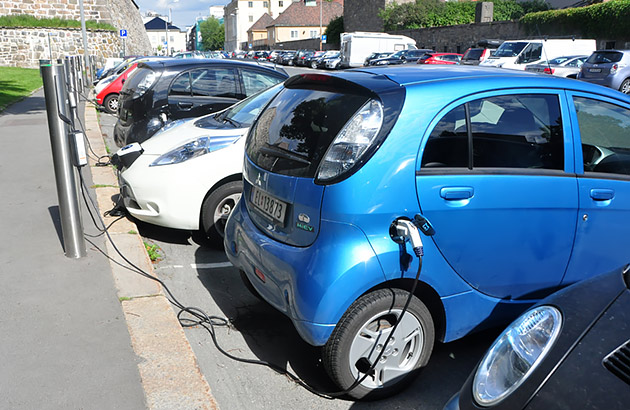
The United Kingdom has announced a ban on the sale of petrol and diesel vehicles by 2035. Other countries with similar plans include China, Canada, Italy, Denmark, Korea and Portugal.
With the same deadline, the United States is banning all except plug-in hybrids, which can run on electricity for short trips.
A raft of other countries have pegged 2040 as the year to end the ICE; they include Spain, Egypt, Taiwan, Rwanda, Turkey and Poland, among many others.
Car companies sticking with ICE
But ICE is far from dead, with many car makers planning a decade or more of sales.
BMW says “combustion engines are still important” as the world transitions to zero emissions. It has even committed to new generation engines.
While the company says it will “be able to deliver” to those markets that require only EVs, it is a long way from putting an end date on its last ICE.
“It only makes sense to drive an electric vehicle if they are run by sustainable electricity,” said BMW chairman Oliver Zipse in announcing the brand’s future direction. There is also the promise of cleaning up the ICE through the use of synthetic fuels.
BMW is exploring this as is Porsche.
Rather than refining the liquid from fossil fuels, synthetic fuels can be created using renewable energy and captured carbon.
Porsche says it can reduce CO2 emissions in an ICE by 90 per cent. The fuels will be used in the Porsche racing series during 2022.
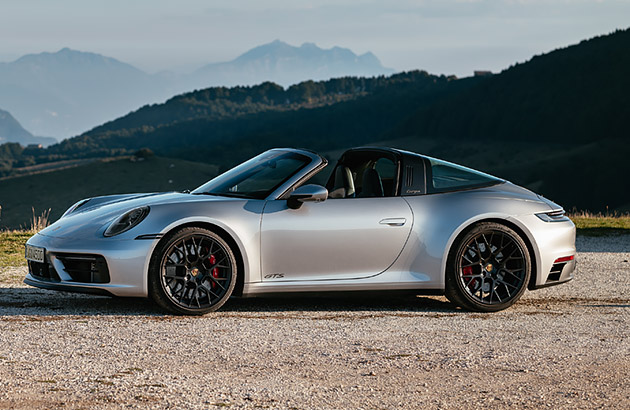
Part of Porsche’s sales pitch is that it would allow the many older collectible cars still on the road to continue driving while running cleaner.
More pertinently, it could allow the company to continue building its iconic 911 sports car – the car that defines the brand – to be sold in a world where emissions are at the forefront.
Toyota, too, still sees a vibrant future for ICE. The company’s global boss Akio Toyoda made his views clear in unveiling a race car powered by hydrogen.
“The enemy is carbon, it’s not internal combustion engines,” said Toyoda via an interpreter.
“We are not going to fix ourselves into one option only. We want to use the foundation of the accumulated technology capabilities and even for ICE we want to utilise it, to achieve carbon neutrality and to develop it further.”
It’s easy to understand his motivation. As an organization, Toyota knows plenty about ICE-assisted hybrid technology and has invested heavily in it, something the company wants to leverage for many years to come.
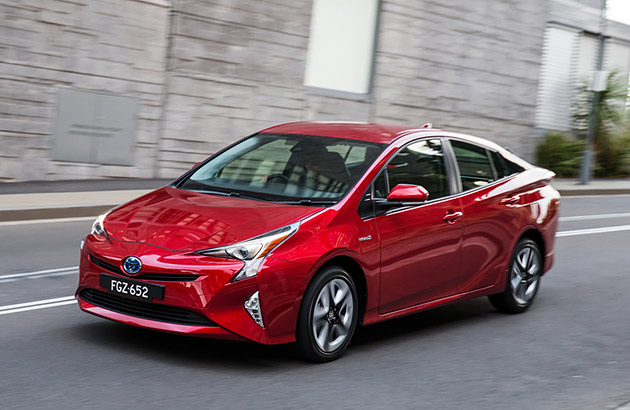
For an industry that’s undergoing its most dramatic change in a century, it’s easy to understand the hesitation in diving into the new.
Equally, the pace of change may force the hands of some of the world’s most traditional brands – especially when they’re competing with newcomers not protecting previous investments.
Considering an EV? Get a discount on your car loan interest rate.
Get 0.50% p.a. off your car loan interest rate when you buy an electric vehicle.
T&Cs: Discount applies to fully electric new and used vehicles, excludes Hybrid vehicles. Offer is subject to RAC Finance Lending Terms and Conditions. Fees and charges apply. Australian Credit Licence 387972.
